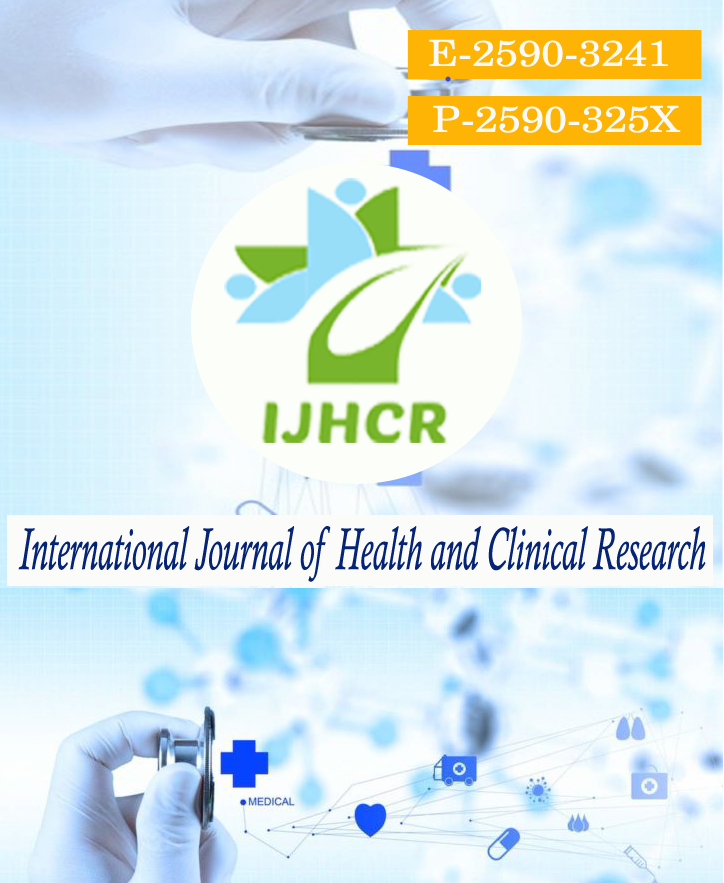
International Journal of Health and Clinical Research
Yazarlar: Haricharan KR, GP Chandran, D Anwar Basha, Rajendra Naidu
Konular:-
Anahtar Kelimeler:Respiratory,Yndrome
Özet: Background: RDS is one of the common causes of admission to NICU. Half of the neonates born at 26-28 weeks gestation ,whereas less than 30% of preterm at 30-31 weeks gestation develop RDS. The main risk factors were prematurity, perinatal asphyxia, maternal diabetes, lack of labor, absence of antenatal steroid administration to the mother, male gender. Hence, our study was intended to assess the risk factors and RDS outcome among preterm babies.Materials and Methods: A prospective study was conducted in a tertiary hospital in a rural area within a period between January 2019 to June 2020. Preterm babies (<37weeks) with RDS admitted in NICU were included. Preterm with congenital anomalies, Meconium Aspiration syndrome were excluded. The Sample size was 114 done by purposive sampling. Data recorded from maternal records, Neonatal history and detailed examination. This study's data were subjected to standard statistical analysis using the SPSS ver.20.Results: Out of 114 study subjects, 20% mothers were diagnosed with diabetes, and 91(80) doesn’t have diabetes. Most of the mothers 60.52% does not taken steroids during Antenatal period. Most of babies were within 30-33 weeks(64%). Out of 114, only 40% required surfactant. About 75%required CPAP, 25% preterms required mechanical ventilation. Most commonest complications of preterm was PVL, PDA, pneumonia respectively. Out of 23 maternal diabetes,56.5% had severe RDS and it is statically significant. Out of 45 Mothers with antenatal steroid, 73.3% stayed <13 days, was statistically significant. Out of the total of 11 deaths, 10 were born to mothers who didn’t receive antenatal steroid. Conclusion: We observed that with lower gestational age, maternal diabetes, mothers who did not received steroids the risk of RDS is very high. Emphasis should be geared towards preventing and reducing preterm delivery, control of asphyxia, and neonatal sepsis to reduce neonatal mortality in our country.